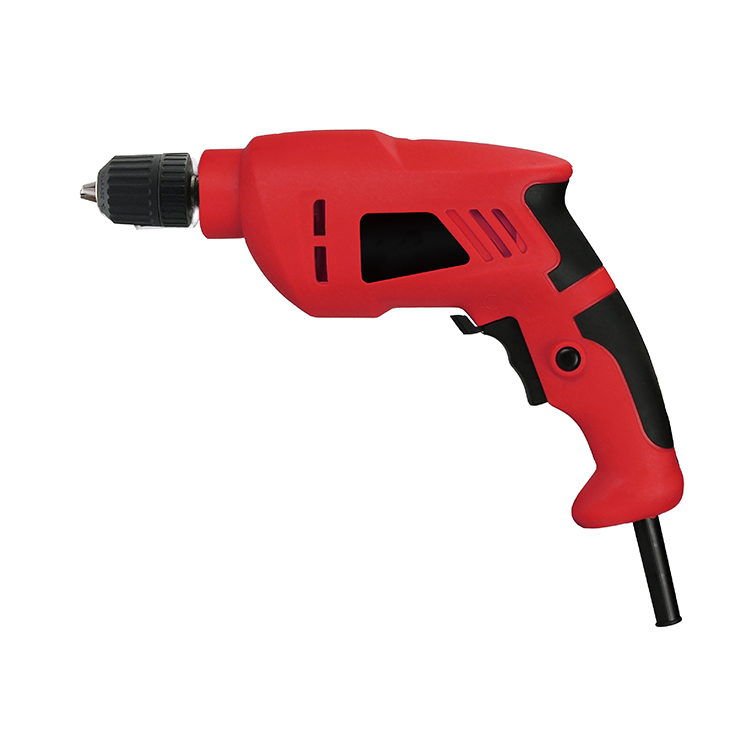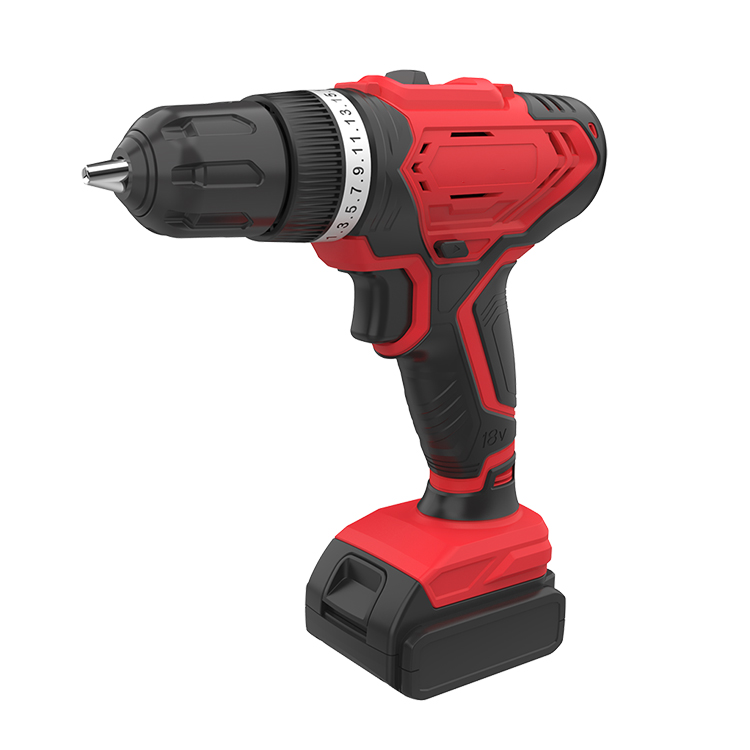 English
English 
 English
English 
Want to shop for the best corded drill for your DIY project? This article breaks down the comparison between corded and cordless drills to help you make an informed decision.
In the realm of do-it-yourself (DIY) projects and home improvements, having the right tools is essential for success. One tool that often finds its way into the toolbox of DIY enthusiasts and professionals alike is the drill. When it comes to drills, there are two main types to consider: corded and cordless. Each type has its own set of advantages and disadvantages, making the decision between them a crucial one. In this article, we will delve into the pros and cons of corded and cordless drills, helping you make an informed choice based on your specific needs and preferences.

Corded drills are powered directly from an electrical outlet, providing a consistent and uninterrupted power source. This translates to a higher level of torque and overall drilling power compared to their cordless counterparts. Corded drills are particularly well-suited for heavy-duty tasks, such as drilling through tough materials like concrete or masonry. Additionally, since they don't rely on batteries, they are generally more lightweight and have a longer operational lifespan.
High power and torque: Ideal for demanding tasks.
Consistent power source: Uninterrupted performance.
Lightweight: No heavy batteries, making them easier to handle.
Longevity: Generally have a longer lifespan than cordless drills.
Suitable for heavy-duty materials: Effective for drilling into concrete, brick, and other tough surfaces.
Limited mobility: Restricted by the length of the power cord.
Cord management: The cord can get in the way and require careful handling.
Outdoor limitations: Requires a nearby power outlet, limiting its use in remote areas.

Cordless drills are powered by rechargeable batteries, offering greater mobility and flexibility. They are perfect for tasks that require moving around frequently or for work in areas without easily accessible power outlets. Advances in battery technology have led to cordless drills with impressive power and performance, rivaling some corded models. These drills come in various voltage options, with higher voltage generally corresponding to more power.
Portability: No cords to restrict movement.
Versatility: Can be used in remote locations without access to power outlets.
Convenience: Easy to transport and set up.
Variety of options: Different voltage levels to suit various tasks.
Reduced clutter: No cords to manage or store.
Limited battery life: May require frequent recharging during prolonged tasks.
Lower torque: Less suitable for heavy-duty drilling compared to corded drills.
Battery maintenance: Batteries can degrade over time and need replacement.
Initial cost: Cordless drills and their batteries can be more expensive upfront.
The choice between corded and cordless drills ultimately depends on the nature of your projects and your preferences. Corded drills offer consistent power and are better for heavy-duty tasks, while cordless drills provide greater mobility and convenience, making them suitable for a wide range of applications. Consider the types of projects you frequently undertake, your working environment, and your budget when deciding between the two. In many cases, having a combination of both types could provide the best of both worlds, ensuring you're well-equipped for any task that comes your way.
As a power tools manufacturer MrPowerTools, we offer you a wide range of corded and cordless drills to suit different needs. If you would like to know more about cordless drills and power tools, please feel free to browse our products.
Hebei Sinotools Industrial Co., LTD.
Copyright © Sinotools Industrial All rights reserved. Technical Support:REANOD